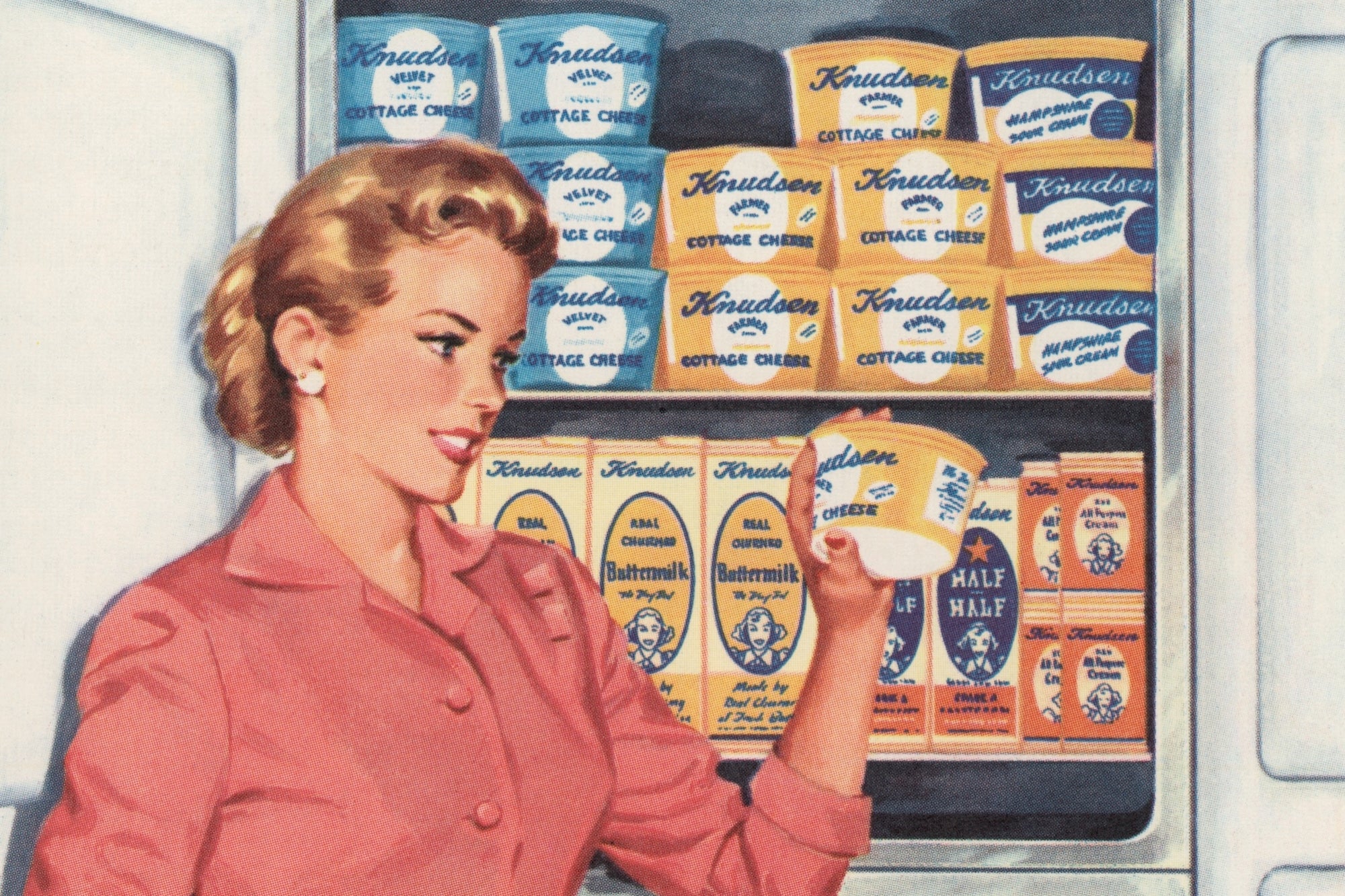Lilly Singh Launches First-Ever Media Network for South Asian YouTube Creators Her advice for creators who want to succeed on YouTube today: Focus on targeted audiences, not virality.
By Jason Feifer

As one of YouTube's earliest stars, Lilly Singh hears from a lot of creators. They want advice on how to grow.
"Advice is great, but you know what's even better?" she says. "It's me being able to say, 'I'm going to bring you business.'"
Now she can do that too.
Singh just co-founded a new media company called HYPHEN8, which is the first-ever dedicated network for South Asian YouTube creators. It will handle direct advertising sales, optimize monetization for creators, and broker brand-creator partnerships.
Her partner on the venture is Skara Ventures, a family office that backs underrepresented founders.
For Singh, HYPHEN8 is a way to solve a problem she once faced.
"When I began posting on YouTube in 2010, there weren't many resources to create content, especially for someone that looks like me," she says. Mentors were hard to come by, monetizing was a challenge, brands seemed uninterested in reaching a South Asian audience, and there were few South Asian-owned brands to partner with.
Singh's content resonated with that underserved audience. She built a following of 14 million and then transitioned into traditional media — hosting a late-night NBC talk show for two seasons, from 2019 to 2021.
After her show ended, she started a production company and foundation called Unicorn Island that focuses on "the stories that need to be told and showcasing voices that ought to be heard." She wrote, produced, and starred in her first feature film, called Doin' It, which is slated for release this year.
Today, she says, the media landscape is much stronger for South Asian creators. There are many South Asian-owned brands, and many other brands that specifically want to reach this booming population. That's a ripe opportunity for YouTubers and HYPHEN8, she says.
"There are so many South Asians on this planet," Singh says. "When you have a South Asian creator, they know how to connect with that audience. It doesn't even necessarily mean that the brand or product has to be South Asian in nature."
YouTube itself has also changed too, she says — and creators need to evolve with it.
For example, when Singh began on YouTube, the path to success was "going viral." She made buzzy sketch comedy, which was designed to catch eyeballs and be widely shared — but she rarely shared much about herself.
That strategy doesn't work as well today, she says.
"The notion of 'going viral' has expired," she says. "Brands and creators are seeing that there's not much value in it, because so many things go viral. Nobody remembers who made a viral video anymore."
So instead of chasing views, creators need to optimize for being remembered, she says. That means building meaningful, personal content that audiences can't get elsewhere.
"It can't be about how many eyeballs you get anymore," she says. "It has to be about how many minds you can change."
How do you build that connected audience? By being real with them, Singh says.
Years ago, social media was full of polished, ultra-professional videos. But that style can now come across as fake and inauthentic.
"What we actually want is real, flawed, imperfect humans," she says. "I think that's really important with storytelling. Storytelling by nature is humans connecting with other humans. So if you take away what makes us human, that connection inevitably disappears."
Singh is working to embody that advice herself now. After a multi-year hiatus from making full-length YouTube posts, in which she mostly kept to short-form videos, Singh returned to the platform in earnest earlier this year — but with a different tone.
"I just want, more than anything, to be myself and have fun," she told fans in her first longform video this year. Her content now is more personal and conversational, and it includes a series of interviews with Indian celebrities.
There's a tradeoff to this, she says: When creators do not chase virality, and do not appeal to the broadest possible audience, they risk losing some people's interest. But there's an upside to that too, she says: The audience that stays will truly love and listen to you — and that's exactly who advertisers want to reach.
"I've gotten better at saying, 'Hey, there's all those great conversations over there, but they're not ones I'm going to have,'" Singh says. "My audience knows exactly what to expect from me."










